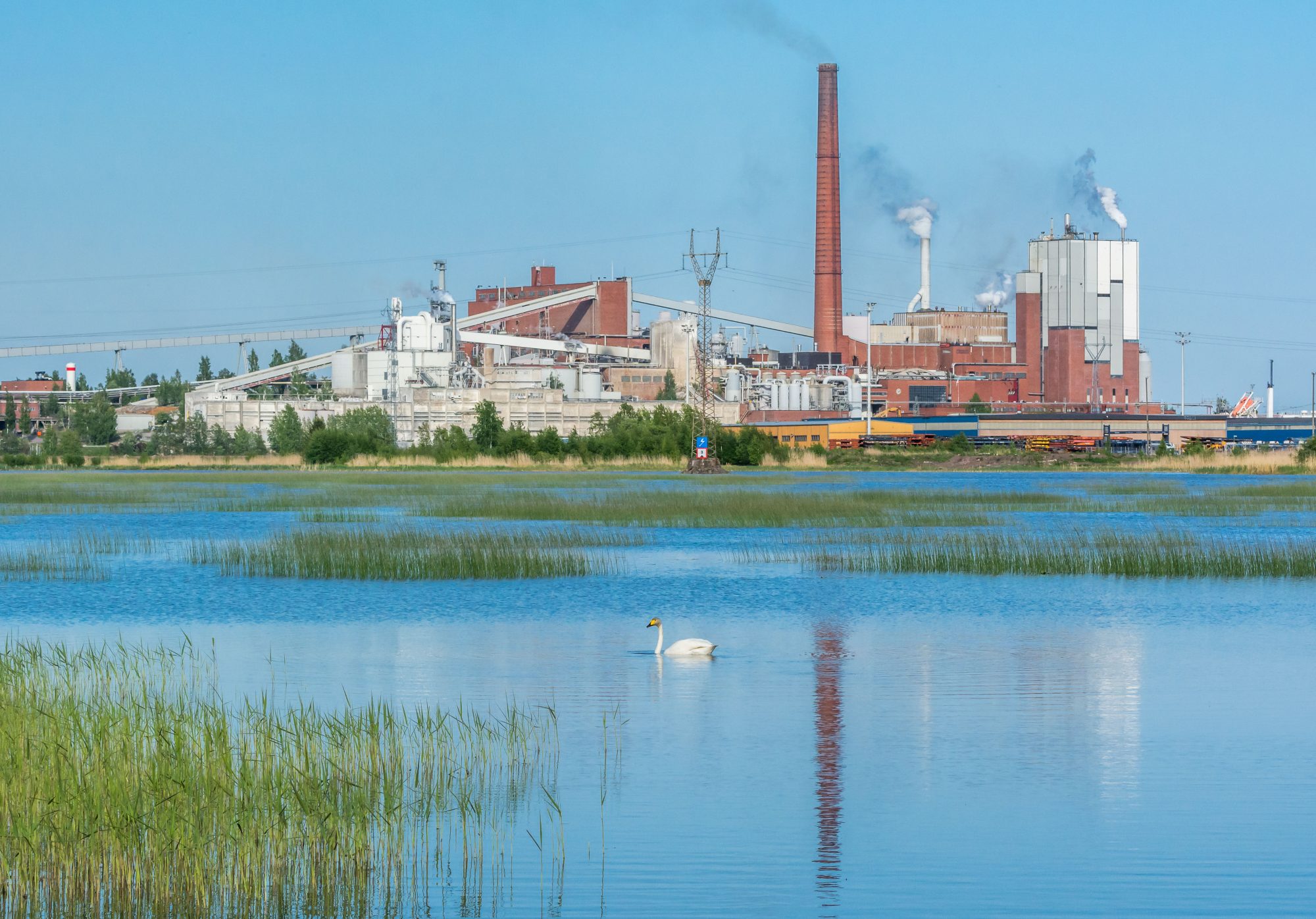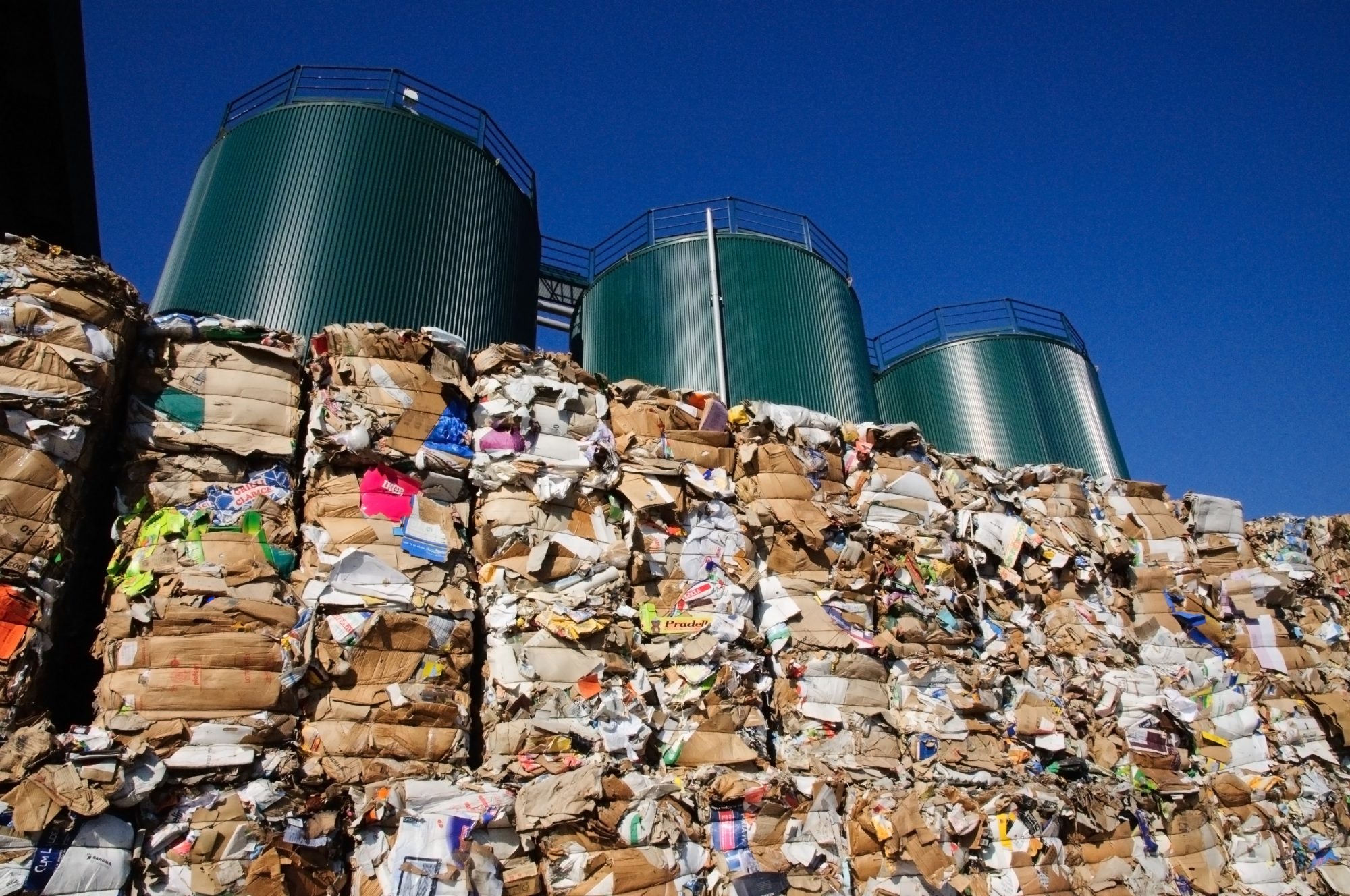Climate Change & Carbon
Climate change science and public policy are evolving in ways that could have implications for the forest products industry. GHG limits on industrial sources are being implemented in some jurisdictions, raising technical concerns requiring continued NCASI attention in support of Member Companies. Also, benefits of using biomass fuels and products…
Learn More






